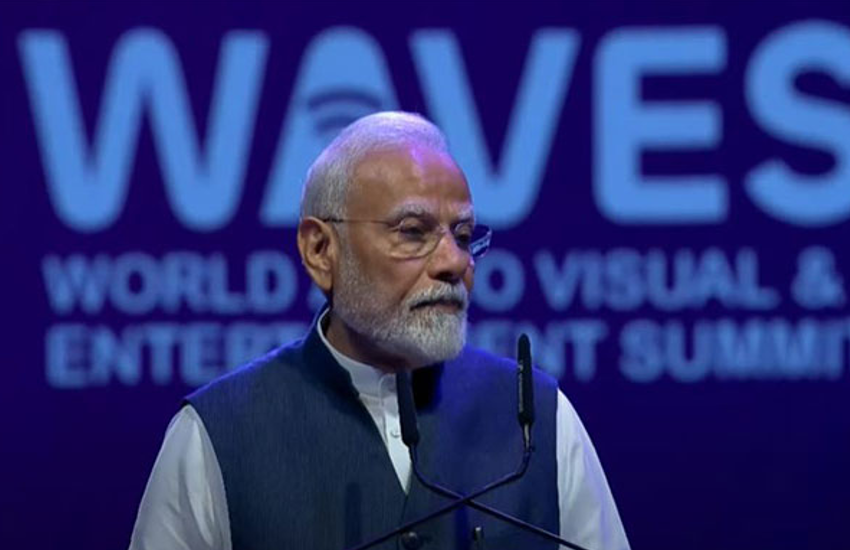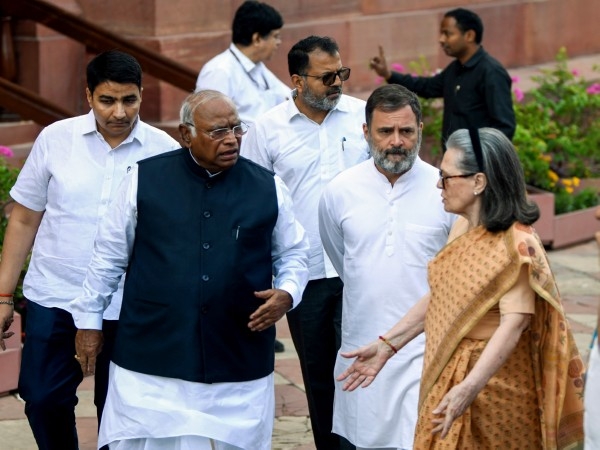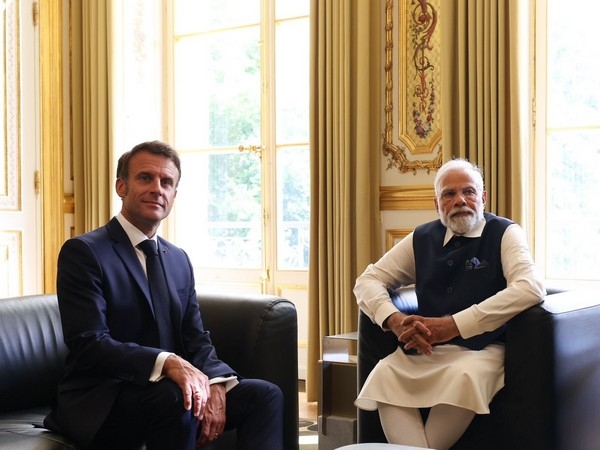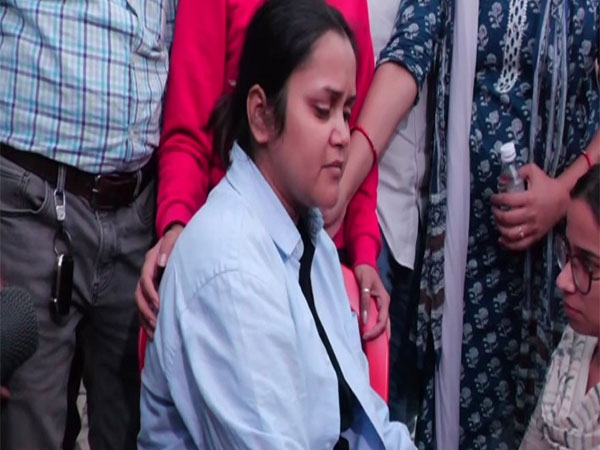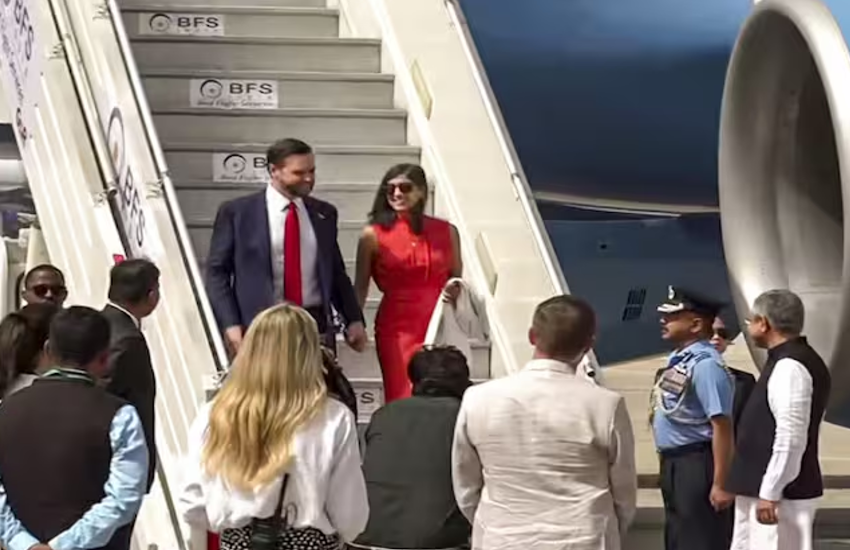Court nod for Lalit Modi's extradition doesn't mean much

The green light
- A Mumbai Sessions Court has given permission to the Enforcement Directorate to extradite Lalit Modi
- The ED has filed 15 cases of foreign exchange violation and one money laundering case against him
- All the cases are related to his tenure as the Indian Premier League chairman (2008-2010)
The road ahead
- The court\'s go-ahead isn\'t a guarantee of Modi\'s return from the United Kingdom
- The ED will have to take it up with the External Affairs ministry
- Government has helped Modi in the past
More in the story
- How the matter is likely to proceed - will Modi be brought back to India?
- The unanswered questions that Modi and his supporters keep asking
Lalit Modi is back in the news - for alleged money laundering while allotting and re-allotting the Indian Premier League broadcast rights contract in 2008. This time, media reports suggest that the IPL founder will soon be extradited from the United Kingdom, as sought by the Enforcement Directorate (ED).
The ED has filed 15 cases against Modi for the alleged violation of the Foreign Exchange Management Act and one under the Prevention of Money Laundering Act.
The main allegations against Modi are:
- Opening and operating an account in South Africa on behalf of the BCCI for the 2009 IPL without approval.
- Allotting broadcasting rights to Multi Screen Media and World Sports Group in an extremely complicated manner.
However, the extradition of Modi, 52, is unlikely to be so easy or so soon, as government agencies and successive governments have not been able to bring him back, raising doubts and several questions.
Read: Dharamsala's loss may be Delhi's gain; India-Pak World T20 game set to move
Even in the latest development, a Sessions Court in Mumbai has granted permission to the ED to apply for his extradition. To actually bring Modi back to India from London, where he has been living since mid-2010 due to alleged fear for his life in his own country, is complicated. It largely depends on the Central government's will.
Political considerations
First, the ED will have to send the extradition request to the Ministry of External Affairs. It is a long process, and political considerations, more than the bureaucracy, are likely to play a major role. Several events in the last six years show that it will not be easy to get Modi back home.
Not long ago, the MEA had also helped him in obtaining British travel documents to fly to Portugal in 2014, to be with his ailing wife for a cancer-related operation.
There could be many more politicians who have either a soft corner for Modi or are at odds with him. That would obviously slow down the process.
Next steps
Till now, apparently neither Modi nor his legal team has been informed by the ED about extradition.
"We have no information about this development. Nor do we have any notice of these proceedings. We came to know about it only through media," Mehmood M. Abdi, Modi's general counsel, told Catch.
This is understandable, as the ED cannot take the next step unless the MEA approves its request and sends it to a "competent authority" in the United Kingdom.
A Sessions Court in Mumbai has granted permission to the ED to apply for Modi's extradition
Even then, it remains to be seen if and when the ministry okays the ED request and in what form, looking at many considerations of this high-profile case.
And even after that, there's the added question of what action the government of the United Kingdom will take. So, as the adage goes, there's many a slip between the cup and the lip.
Modi, now also president of the Rajasthan Cricket Association, has repeatedly been saying that he is ready to be examined/quizzed by Indian agencies in London. But for some strange reason, that has apparently not happened, prompting people to raise questions about the sincerity of effort of the Indian agencies in getting IPL founder repatriated.
Unanswered questions
The other major and pertinent point that Modi has been raising is that he alone did not take all the decisions regarding the allotment of broadcast and other rights of the IPL. Sooner or later, the BCCI will also have to answer to the ED and other government agencies.
His rivals allege that Modi had a free run within the BCCI under the patronage of then-president Sharad Pawar. But the law is likely to hold all the people involved in the Board's decision-making collectively responsible. After all, they all signed the minutes of the meetings.
Also read: Court gives go-ahead to ED to extradite Lalit Modi on money-laundering charges
Modi was chairman and commissioner of the IPL governing council. But all BCCI office-bearers and some of the best-known former India cricket captains were also in the council, and were party to decisions being taken. If anyone ever recorded his dissent, it has yet to come to light.
Modi has often asked the following questions, which remain unanswered.
What were they all doing when the IPL chairman was taking decisions relating to millions of rupees on behalf of the BCCI?
Modi's lawyer Mehmood Abdi says that so far, there's no communication from the ED
Were they blindly signing the minutes of meetings?
Or, were they simply happy with the fat cheques that they were receiving form the BCCI for being part of the IPL governing council and enjoying the hospitality?
The Sessions Court's go-ahead to the ED may be a small step. But this saga is far from being over anytime soon.
Edited by Shreyas Sharma
More in Catch:
Govt to tax interest on EPF: what's the point of saving for retirement?
All eyes on the US: here's why Super Tuesday is such a big deal
A quirky docu, a powerful 'short': the Mira Nair films you've never seen
You think this Budget was for farmers? Think again
First published: 2 March 2016, 7:42 IST
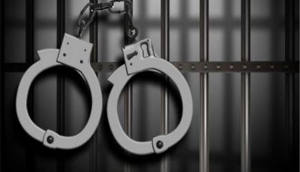

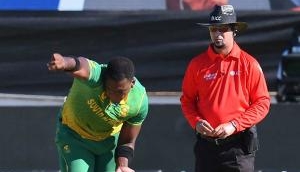

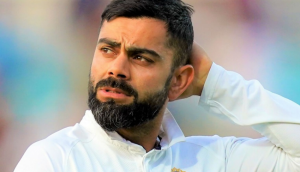
![BJP's Kapil Mishra recreates Shankar Mahadevan’s ‘Breathless’ song to highlight Delhi pollution [WATCH] BJP's Kapil Mishra recreates Shankar Mahadevan’s ‘Breathless’ song to highlight Delhi pollution [WATCH]](https://images.catchnews.com/upload/2022/11/03/kapil-mishra_240884_300x172.png)

![Anupam Kher shares pictures of his toned body on 67th birthday [MUST SEE] Anupam Kher shares pictures of his toned body on 67th birthday [MUST SEE]](https://images.catchnews.com/upload/2022/03/07/Anupam_kher_231145_300x172.jpg)


